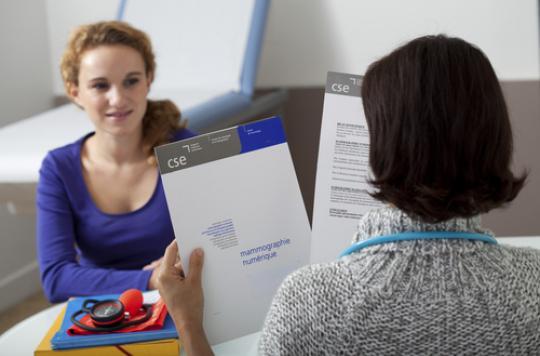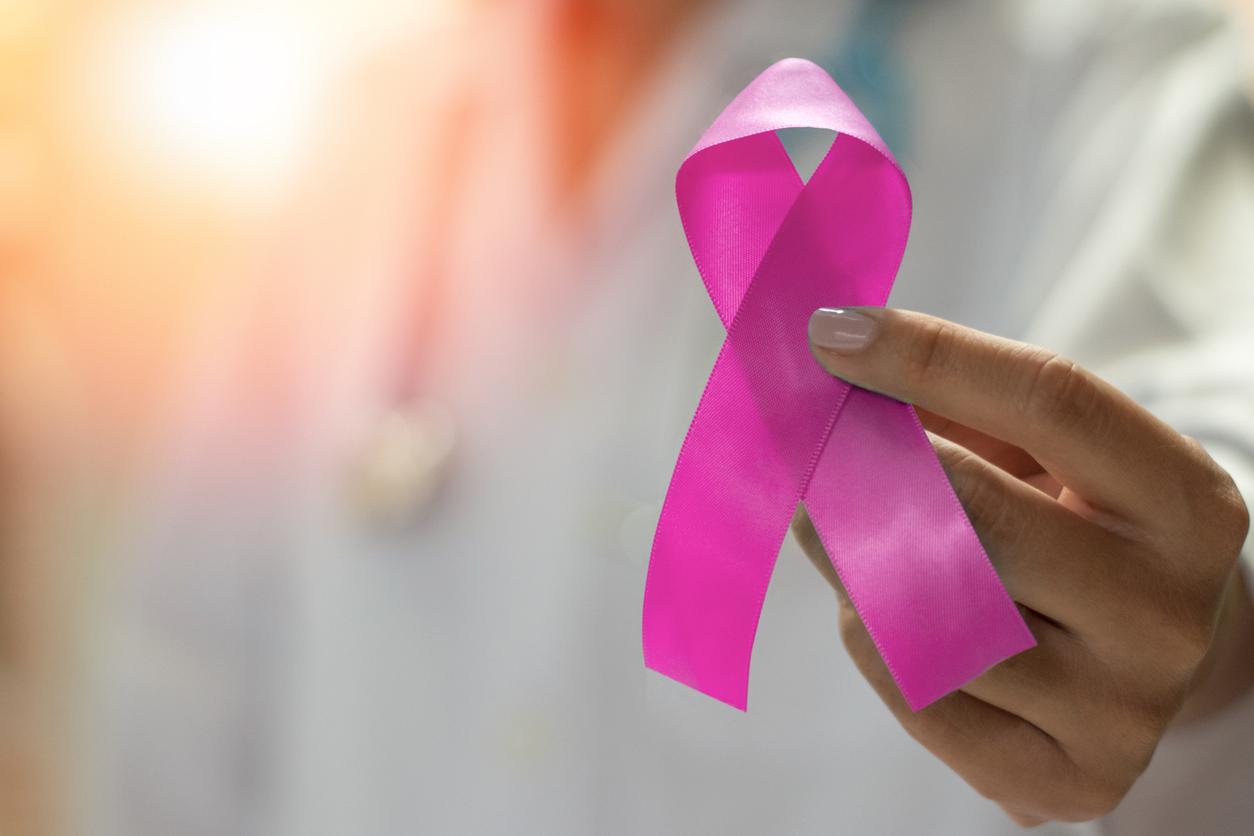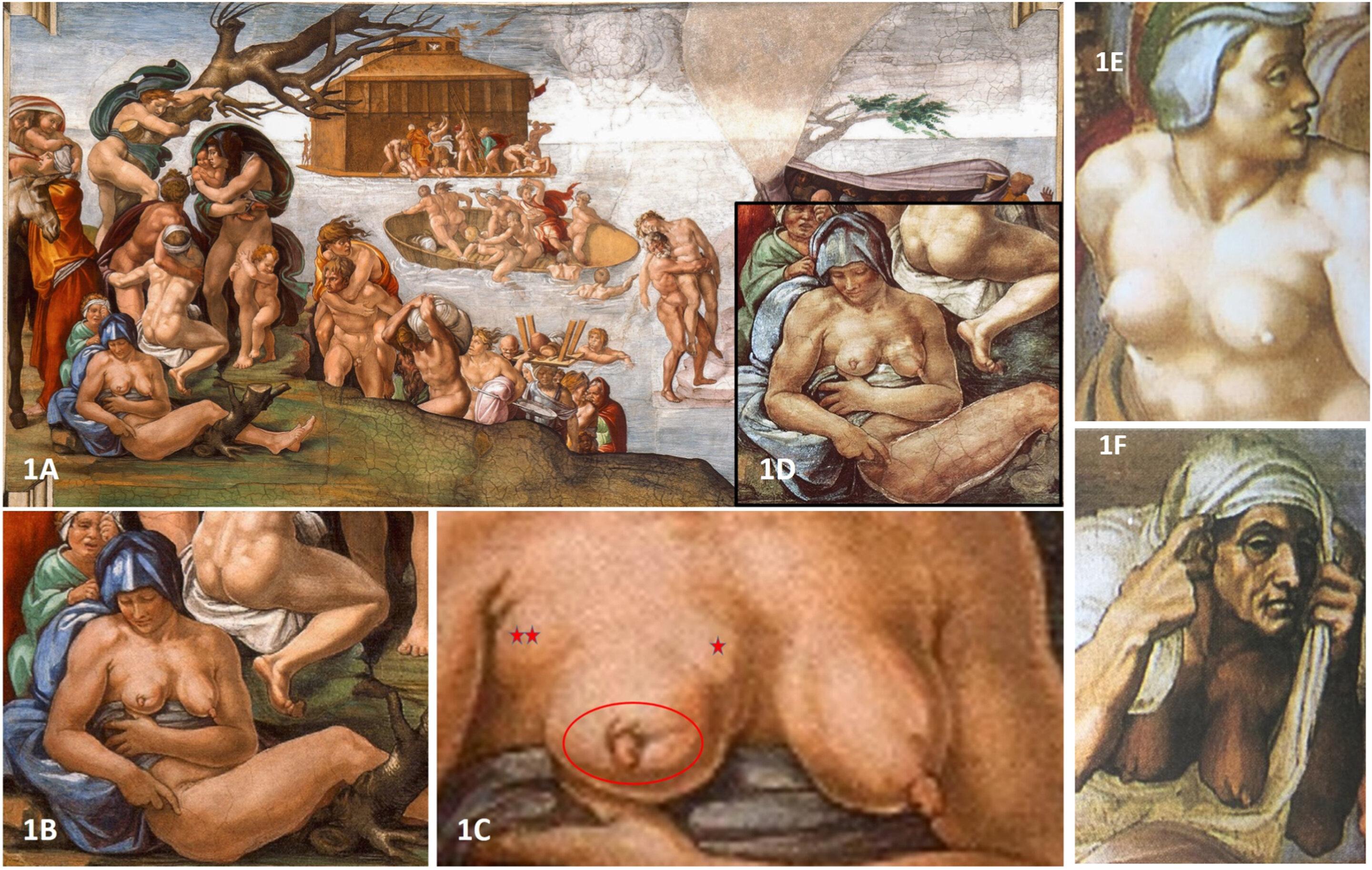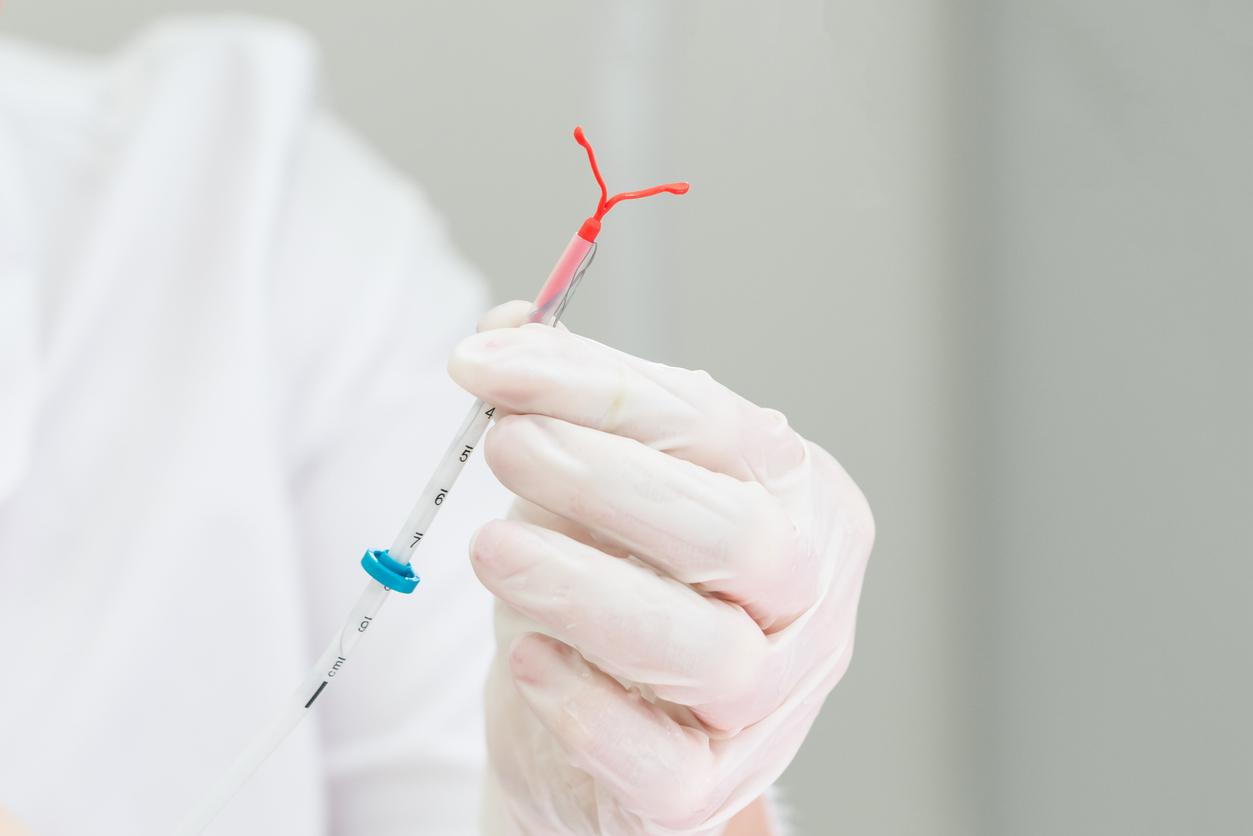The Ministry of Health has entrusted the Inca and the General Directorate of Health with the overhaul of the organized breast cancer screening program.

Organized breast cancer screening needs a “deep renovation”, judges the Minister of Health, Marisol Touraine on reading the recommendations issued by the National Cancer Institute (Inca) on the basis of the steering committee and the citizen and scientific consultation launched a year ago. The terms of this overhaul should be specified by the end of the year.
In more than a decade, 24 million mammograms have been performed as part of the organized screening offered to all women aged 50 to 74 without any particular risk. Some 150,000 cancers have been detected, or about 17,000 per year. Often early detection which would have made it possible to reduce mortality by around 20%, recalls the Institute for Public Health Surveillance, adding that this benefit exceeds the damage of screening such as false positives, overdiagnosis and radiation-induced cancers.
But today the organized screening program no longer convinces those first concerned and health professionals – barely 52% of women participate in screening, a constant proportion since 2008. Expressing doubts about the effectiveness of mammograms in reducing the mortality and fears that it generates “a more or less high number of overdiagnoses and overtreatments”, they want a “stop of organized screening as it exists today, and the establishment of a new organized screening , deeply modified ”.
Personalized screening
However, the authors of this report do not support the outright abandonment of this program. They themselves recognize that this would be a real loss of luck for the 2.5 million women who participate each year. It would also be nonsense to abolish this strategy even though breast cancer remains the leading cause of death from cancer in women – 12,000 women died from it in 2015 – underlines Professor Norbert Ifrah, president of the ‘National Cancer Institute (Inca).
Thus, on the basis of this report by citizens and professionals, the Inca proposes “to initiate the renovation of the organized breast cancer screening program by placing it in a more individualized logic”, placing the attending physician (general practitioner) or gynecologist) at the heart of the course. Objective: effectively reduce mortality, social inequalities and improve the quality of life of screened women.
In this new approach, the attending physician could carry out a preventive consultation at the age of 40 for his patients to determine their level of risk for breast cancer. Screening would thus be more targeted and adapted to each situation. The information on the benefit / risk balance of the examination provided to patients would also be “more complete, reliable and neutral”. Women would then become “really actors of their health”, writes Professor Ifrah in a letter addressed to the Minister of Health.
Develop research
The president of the Inca also proposes to “remove the financial brakes” to screening, such as 100% coverage for examinations complementary to mammography. Announced last year by Marisol Touraine on the occasion of Pink October 2015, it is today a right for patients.
Finally, research is playing an important role in improving breast cancer screening. The search for biological markers making it possible to identify women at risk, or aggressive cancers, would make it possible to “better control over-treatment” and reduce the impact on the quality of the lives of patients.
.


















